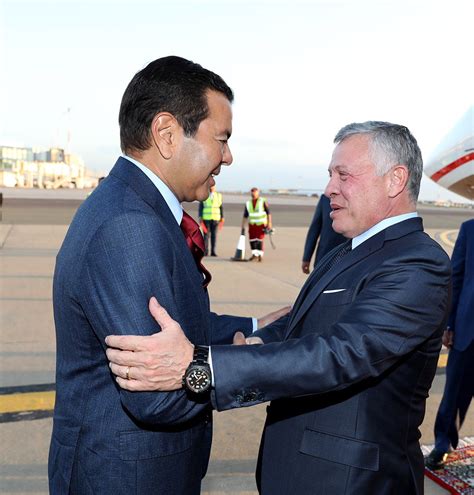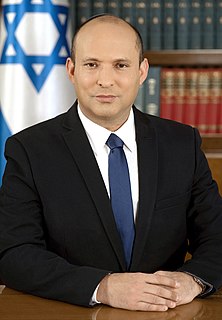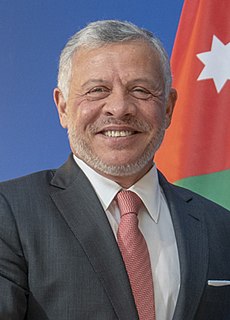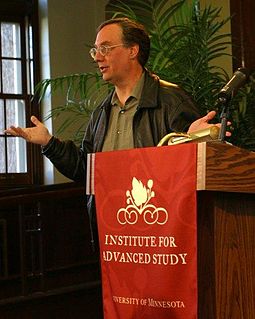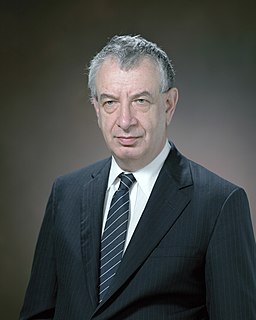A Quote by Molly Ivins
If you really wanted to settle down the Middle East, if what you wanted was change in the Middle East, it is perfectly obvious that the first step is resolving the Israeli/Palestinian conflict.
Related Quotes
There are going to be a lot of questions, not just in my country, but across the Middle East. Is Israel going to continue to be "Fortress Israel"? Or, as we all hope, become accepted into the neighborhood, which I believe is the only way we can move forward in harmony. And no matter what's happening in the Middle East - the Arab Spring, et cetera, the economic challenges, high rates of unemployment - the emotional, critical issue is always the Israeli-Palestinian one.
There's kind of a hidden point which isn't being brought out, and that is that it is inconceivable that the U.S. would permit democracy in the Middle East, and for a very simple reason. Just take a look at polls of Arab public opinion. They exist. You can't find them in the press, but they exist from prestigious polling agencies. Released by major institutions. And what they show is that if there was democracy in the Middle East, the entire U.S. program for domination of the Middle East would be down the tube.
I believe that the Iraqis have an opportunity now, without Saddam Hussein there, to build the first multiconfessional Arab democracy in the Middle East. And that will make for a different kind of Middle East. And these things take time. History has a long arc, not a short one. And there are going to be ups and downs, and it is going to take patience by the United States and by Iraq's neighbors to help the Iraqis to do that. But if they succeed, it'll transform the Middle East, and that's worth doing.
Sadly, a U.S. invasion of Iraq 'would threaten the whole stability of the Middle East' - or so Amr Moussa, secretary-general of the Arab League, told the BBC on Tuesday. Amr's talking points are so Sept. 10: It's supposed to destabilize the Middle East. The stability of the Middle East is unique in the non-democratic world and it's the lack of change in Iraq, Iran, Saudi Arabia, Syria, Egypt that's turned them into a fetid swamp of terrorist bottom-feeders.
There is a real need to construct a different Middle East. The Middle East must change because the world has changed. And instead of oppositional armies that are fighting usually one against another, now we have a net of terrorists that are trying to destroy everything. They are not two; they are hundreds.




